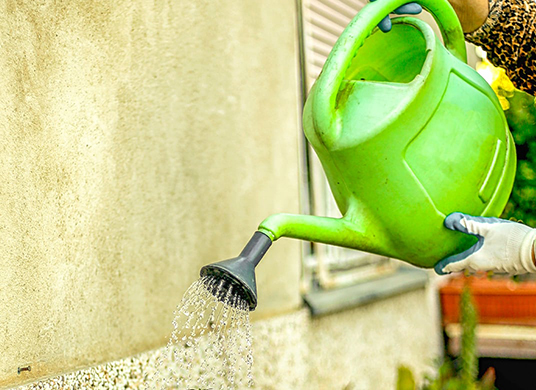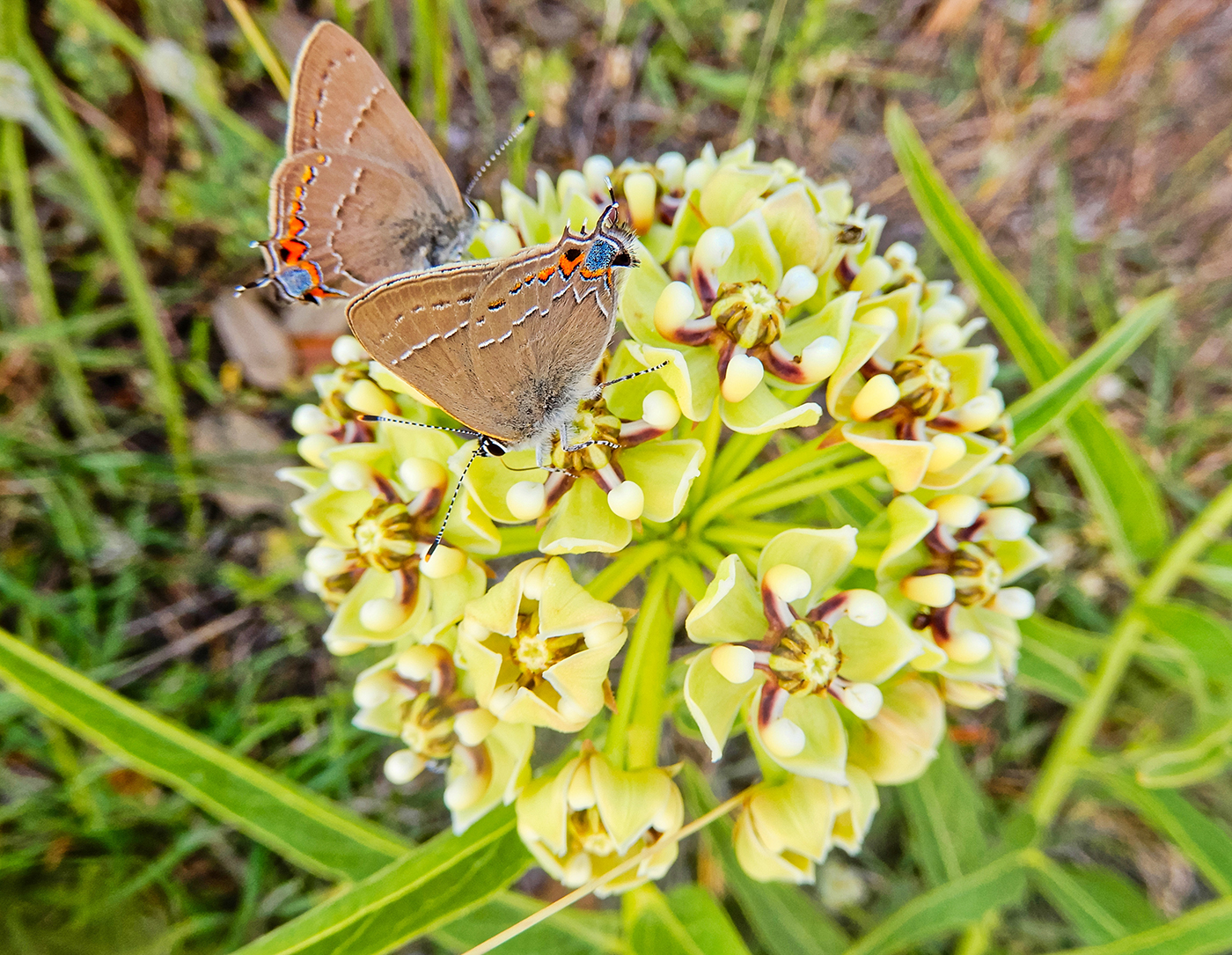Smart Planet offers a wide range of drought-tolerant and wildlife friendly plant varieties for creating sustainable, environmentally friendly gardens that benefit our surrounding world.
On Saturday, April 20th, and Saturday, May 11th, Smart Planet will be hosting milkweed plant giveaway events at select Home Depot store locations in California, Texas, Arizona and Illinois. At the events, young native milkweed plants will be given away to customers who stop by the Smart Planet booth.
Planting native milkweed is one way we can encourage the rebound of monarch butterflies, whose numbers have plummeted due to loss of breeding habitats, overwintering habitats and climate change. To establish a thriving butterfly habitat in your garden, monarch advocates recommend planting several milkweed plants to attract flying adults and support the voracious appetites of caterpillars.
Download the Milkweed for Monarchs document to find milkweed plants native to your region along with instructions for planting and care.
To get started, scroll through these tips on planting and care:

Dig a hole as deep as the pot and twice as wide.

Carefully remove the plant from the pot, taking care not to disturb the root ball.

Place the plant in the hole at soil level or slightly above and backfill the hole with native soil.

Water well. Continue to water regularly to establish the plant. There’s no need to fertilize your milkweed plant.

Note when caring for your milkweed plant:
It’s perfectly normal to see yellow aphids (milkweed or oleander aphids) on milkweed. They are not usually cause for concern. Trying to remove aphids may end up dislodging monarch eggs or harming caterpillars that are on the plant. Other insects you might spot include the red-and-white milkweed bug.

Precaution when caring for your milkweed plant:
Milkweeds emit a milky sap with toxins that makes caterpillars and monarch butterflies unpalatable to predators. Take care to keep the sap out of your eyes. As a precaution, always wash your hands after handling milkweed.
